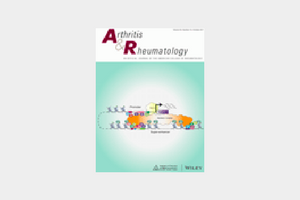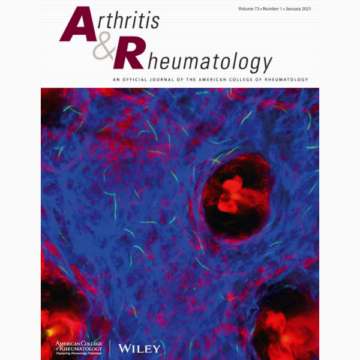
Arthritis & Rheumatology
DOI: 10.1002/art.40194
Janneke G. C. Peeters, Sebastiaan J. Vastert, Femke van Wijk and Jorg van Loosdregt
Genome-wide association studies (GWAS) have identified hundreds of single-nucleotide polymorphisms (SNPs) associated with autoimmune diseases, including autoimmune arthritis. So far, it has proven difficult to translate these findings into disease understanding and novel therapeutic approaches as the majority of these SNPs are not located in protein-coding regions. Recently, various studies found that a large number of autoimmune disease–associated SNPs affect DNA regulatory units, suggesting that altered epigenetic control of transcription is an important process in disease pathogenesis [1, 2]. Technical developments have allowed for detailed analysis of the epigenetic profile of disease-associated cells, creating new opportunities to study gene regulation in the context of disease.
















Comentarios
Para dejar un comentario antes debes iniciar sesión:
¿No tienes una cuenta?
Regístrate a través de éste enlace.